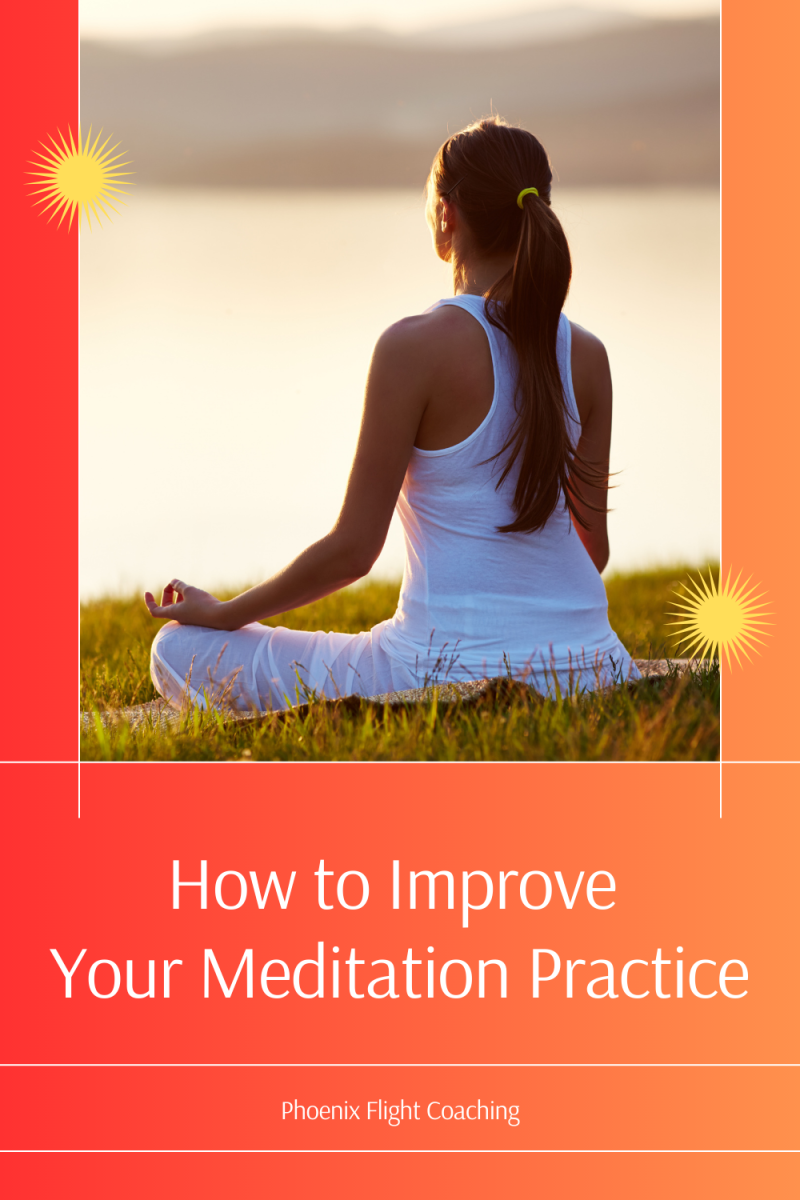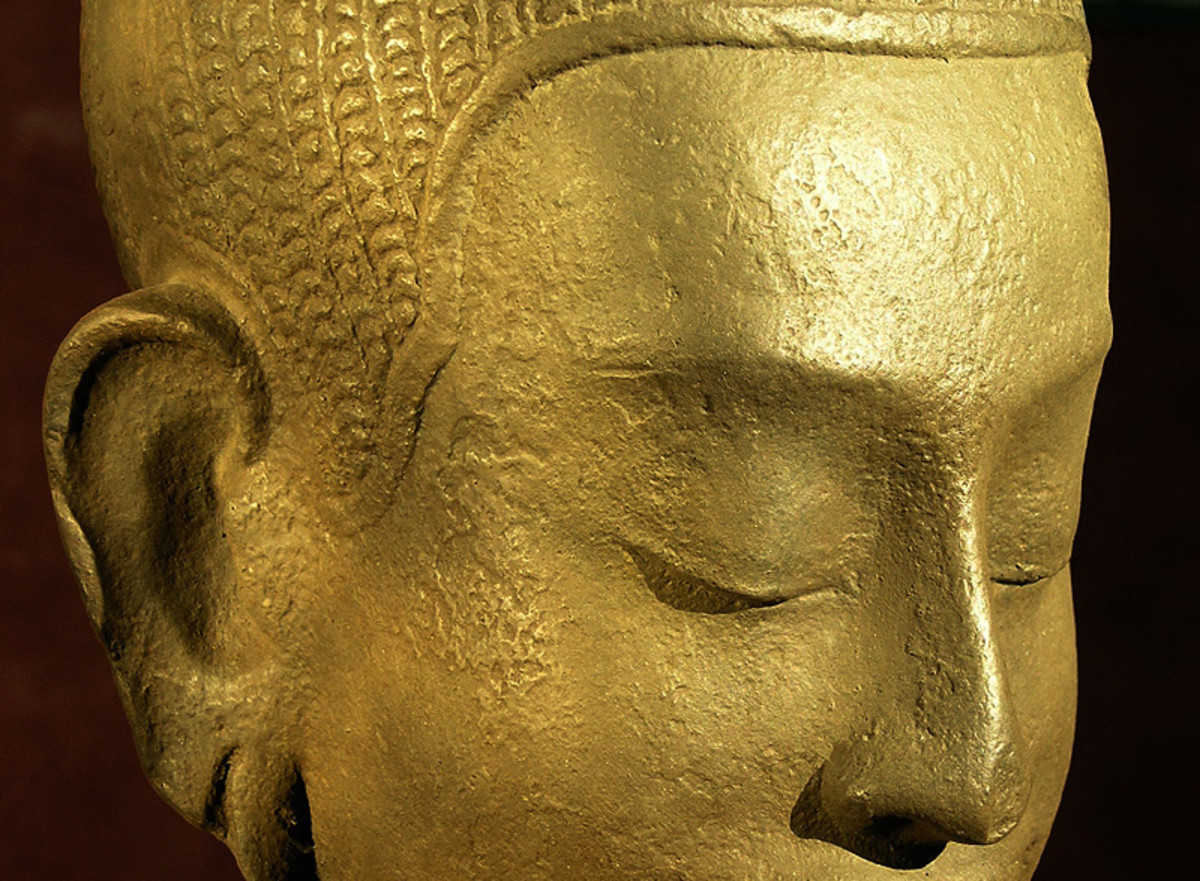How to do Music Meditation
About the Author
Dreamhowl learned about meditation during her first year in college and took two seminars on the subject. She enjoys meditating and doing yoga to music, as she has a very active and wandering mind.
What is Music Meditation?
Meditation is a practice involving clearing the mind, becoming more self-aware or obtaining other personal benefits. Many people meditate to alleviate stress, reduce anxiety or strive toward spiritual enlightenment. Meditation can clear your mind before an important exam, calm your nerves before a presentation and give you insight into your life. It’s a great skill to have, but can be challenging to accomplish; auditory distractions can make concentration difficult, especially for the beginner. That is where music meditation comes in.
Download Relax Melodies Free
How to Find Meditation Music
Listening to music while meditating can help you focus on sweeping away your thoughts and emotions, as well as block out low background noise and activity. Many people just starting meditation will remark that they can’t keep thoughts from running through their heads; focusing on music can minimize this problem. The wrong type of music, however, can also increase your distraction. Ideal meditation music should:
- have natural sounds
- be instrumental, not lyrical
- be calming and relaxing
Natural sounds can be relaxing in a world full of constant noise and car horns. There are many phone apps and song tracks available for listening to the sounds of nature. Relax Melodies, made by company Ipnos Soft, is available for download on the Android, iOS, Mac and Windows Phone to help induce relaxation and promote better sleep. Relax Melodies allows the user to combine natural sounds and soothing melodies to create the perfect mix for relaxation! Users can save their favorite melody combinations, set a timer and set an in-app alarm. Other apps include Relax Melodies: Oriental and Relax Melodies: Seasons. All apps are free to download, with an optional paid upgrade.
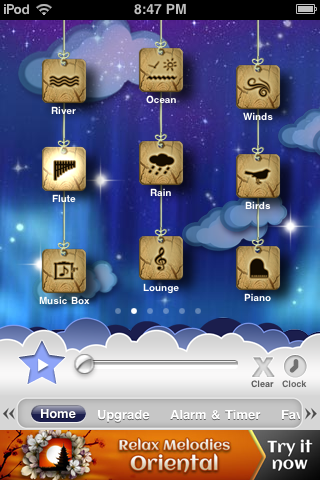
How often do you meditate?
If natural sounds aren’t for you, instrumental music (without lyrics) can also be meditated to. While some soft, lyrical songs can help calm you down after a long day, meditating to songs with words isn’t advised. When listening to a song with words, we tend to focus on the words. These words then cause thoughts to emerge, which is exactly what you don’t want! Instrumental music has no lyrics to daydream to or analyze - you are free to relax and bask in the feeling of the piece.
Whether you listen to natural sounds or instrumental music while meditating, your choice needs to be relaxing. Your music needs to put you into a calm, meditative state; fast-paced, heavy or loud pieces are likely to do the opposite. Heavy metal guitar solos and upbeat music you want to dance to will not help your meditation practices. Reaching a state of relaxation will help clear your mind from stray thoughts.Despite being relaxed and at ease, you may find that your mind still wanders. Don’t be distraught - while music helps with meditation, it isn’t guaranteed to ward away every small thought and worry. Remain calm, take a deep breath and continue.
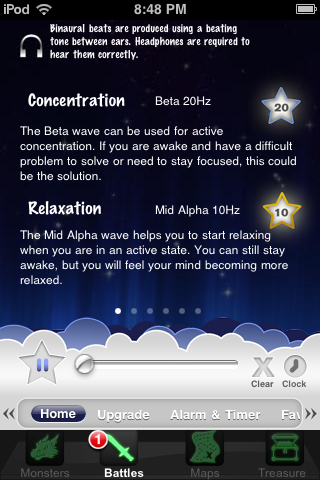
How to Meditate With Music
Once you’ve found your meditation music of choice,you’re ready to start music meditation! When meditating with music, it’s important that the music is loud enough to concentrate on, but not so loud that it becomes distracting. However, your music shouldn’t be so calming that it puts you to sleep! When mediating to music, be sure to:
- use headphones or keep the speakers close
- concentrate on the music and nothing else
- stay awake during your meditation session
Using headphones to listen to music while meditating is ideal; headphones make it easier to hear just your music minus any background noise. If you are unable to use headphones with your setup, try to keep your speakers nearby and adjust your volume accordingly. Remember, you want more music and less outside noise, but you don’t want the music to be so loud that it becomes hard to concentrate.
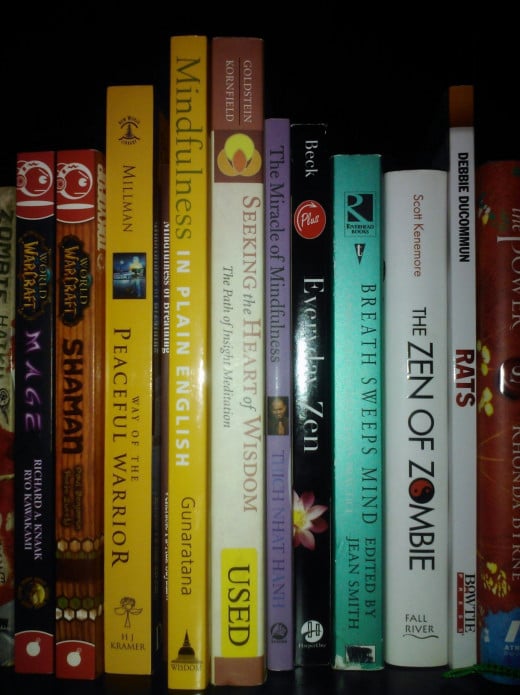
While you are meditating, try to focus on the music and nothing else. One goal of meditating to music is to have less thoughts floating around in your head, making it easier to clear your mind and relax. Don’t let any negative thoughts or worries break through your concentration. Your meditation music will also help you feel relaxed and at peace; for some, one goal of meditation is to discover inner peace. If you find the music distracting, switch to something else until you find a music track that works for you.
Free Meditation Music Online
Most people lead busy lives and have a hard time fitting in extra daily activities. Meditating at the start of the day can send you off with a good mood and a clear mind. If you practice meditation at the end of the day when you are more exhausted, you risk falling asleep during your session. In the end, when you practice meditation is up to you and your schedule. Some advice for staying awake during meditation includes:
- sitting in a high-backed uncomfortable chair
- sitting upright with your back against the wall
- keeping your meditation session short
For beginners, ten to fifteen minute meditation sessions are perfect, especially if you are tired or have a busy schedule. Any longer, and it may be harder to maintain focus or stay awake. If it is possible to time your meditation music to turn off after a certain amount of minutes, this can help you time your session. You can also set an alarm on your phone or alarm clock to remind you when to end your session. Meditating while laying down is not advised, especially on a bed; beds are associated with sleep in our minds, and are also very comfortable.
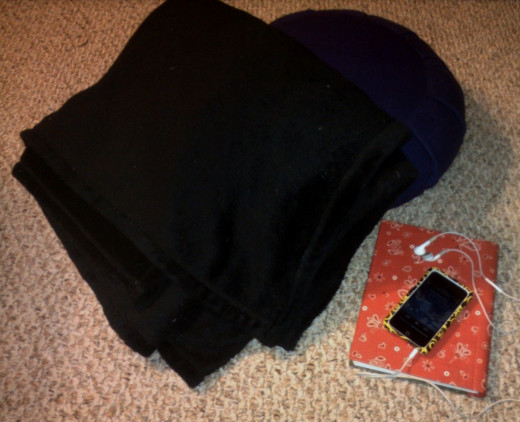
How to Get the Most From Meditation
So you’ve found the perfect meditation music and are enjoying meditation? Stick with it! Meditation is most beneficial when practiced daily over time. It is easy to simply forget to practice one day and lose the groove for weeks or months; people are busy with work, family and friends, and it’s hard to meditate when you’re physically and mentally exhausted. To get the most out of your meditation practice, try to:
- practice daily for ten to fifteen minutes
- meditate in a quiet and calm place
- always enjoy your meditation sessions
If you don’t make the effort to continuously practice meditation, you may lose track of time and spend days, weeks or months without meditating. The more you do meditation - with music or otherwise - the better you will become at sweeping away stray thoughts and clearing your mind. If you make a routine out of meditation, you may even find yourself more aware of your surroundings and in a better mood each day! Taking time away from your busy day to sit down and let your worries go will benefit your mind, body and spirit.
If possible, always try to meditate in a quiet, uncrowded place. This can be a room in your house away from people and noise or a peaceful place outdoors without much traffic. Even though you are using music with meditation, background noise can still be distracting and make it difficult to focus. You should not have to blast your meditation music to block out other noises, like the television or people talking. When your music is playing that loud, it isn’t very relaxing at all.
Lastly, you should always enjoy your meditation sessions! Whether you find you were less distracted by worries than your last meditation or had more trouble concentrating, be happy you took the time out of your day to practice. If you are finding focusing hard while you are meditating, ask yourself why that might be; perhaps there is something bothering you that you haven’t noticed, like a hidden worry or masked feeling. Meditation is an effective way of discovering the truth behind your thoughts and feelings. So turn up your meditation music, sit down, close your eyes and meditate.
© 2013 Jessica Peri


